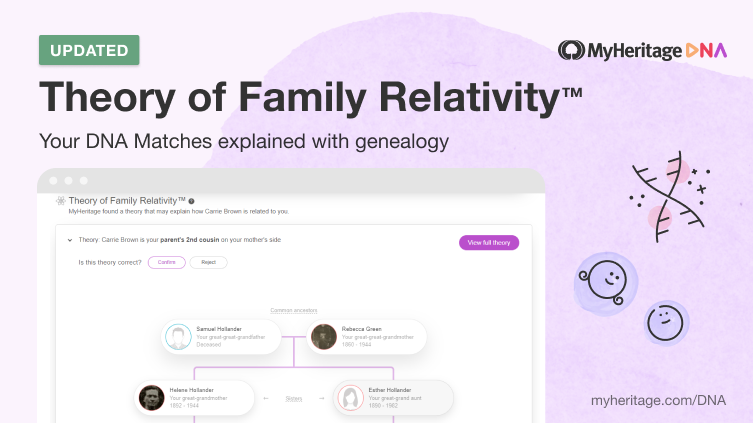MyHeritage adds French Canadian genealogy service
News Release for today. MyHeritage has just acquired MesAieux.com, a popular family history service that specializes in French Canadian genealogy. Founded in 2004, MesAieux.com has grown to become Quebec’s most popular family history service, with over one million users. The website offers an online family tree builder with automated features to add ancestors and is also home to approximately 15 million historical records from Canada, primarily from Quebec, and several exclusive collections. I hear my French Canadians calling!
“We are delighted to welcome MesAieux.com to the MyHeritage family,” said Gilad Japhet, Founder and CEO of MyHeritage. “Canadian genealogists will have much to gain from the combination of the two companies. We’ve been impressed with MesAieux.com’s accomplishments, and this acquisition reinforces our commitment to expanding the resources for French-speaking genealogists. Together we remain committed to the mission of helping everyone discover and preserve their family history for the benefit of future generations.”
As a MyHeritage company, MesAieux.com will soon benefit from MyHeritage’s resources and technological expertise, which will facilitate the publication of new historical record collections and provide greater value to MesAieux.com users, who will be introduced to the wide array of MyHeritage services. All historical record content from MesAieux.com will soon be published on MyHeritage, and its users will benefit from the capabilities of MyHeritage’s innovative tree-to-tree and tree-to-record matching technologies.
Read more on the MyHeritage blog.







